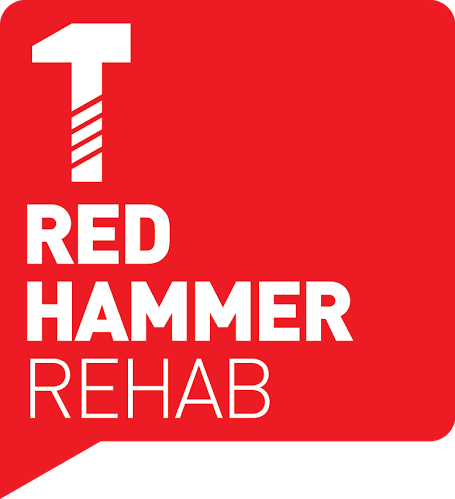


Hello Rev Runners! Hope this email finds you doing well and excited for this upcoming session! In this email, I want to go over our paces, why we do them, and how to help get yourself into the correct pace during each workout. Each pace has a different scientific reason behind it, and that is why we talk about them so much in our group runs and during the workouts.
With that in mind, let’s start with Easy pace. An easy pace is quite slow, usually around a 2-3/10 on an effort scale where 0 is sitting on the couch and 10 is all out for 15-20 seconds. Another way to tell if you are at easy pace is to carry a conversation/ tell a 10 minute story to your running partners without needing to pause due to being out of breath. If you are alone, try singing a song out loud to yourself. Either a song with long held notes, or something with quick verses and lots of words. This will help reveal if you are needing those breaths or not. We do roughly 80% of our runs at this pace. This pace builds the sheer number of mitochondria in our cells. Mitochondria are the energy centers of the cells, so having more energy centers means having more possible energy on race day. Easy running also helps to get miles/ training in without beating up the body like the hard runs do, reducing injury risk. Not only that, it actually helps heal, as the gentle use of the muscles gets blood flowing in them to flush out byproducts like lactic acid and hydrogen ions that have built up at the last hard effort.
Marathon pace: this pace is usually close to a minute, or even more faster than easy. This pace is still pretty low on the effort scale, maybe more like a 4-5, but you could tell that by 26 miles, it is going to be exhausting. Typically this pace has a bigger gap vs easy pace if you are a faster runner, and it becomes harder to tell the difference between easy and marathon if you are a slower runner.
Half marathon pace: this pace is about 10-15 seconds faster than marathon pace. No real details needed other than that. Likely pushing that 5/ 10 effort for sure, but still quite manageable for double digit miles.
Tempo pace. IN REV RUN this pace means 10 mile race pace. Some other programs use this term to refer to your target race pace, especially for 13.1 and 26.2, but we are asking you to consider this a 10 mile race pace. This pace is roughly 10 seconds per mile faster than 13.1 pace.
All 3 of these paces work to make the mitochondria in the cells work more efficiently. This allows them to make energy quickly, and with less and less byproduct building up in the cells.
Then we have the slightly faster stuff. 10K pace is another 10-15 seconds faster than tempo, followed by 5K pace which is another 10-15 seconds faster than 10K. These paces start to really push the effort scale to more like a 6-7/10. These paces make the mitochondria learn to be efficient while under pressure, which they will need to be on race day.
Here is a sample of what these paces might look like to a runner:
2 mile time trial: (let’s say 9:00/ mile)
5K pace: add 10-15 seconds (9:15/ mile)
10K pace: add another 10-15 seconds (9:30/ mile)
tempo/ 10 mile race pace: add another 10 seconds (9:40/mile)
Half marathon pace: add another 10-15 seconds ( 9:55/ mile)
Marathon pace: add one more 10-15 seconds (10:10/ mile)
Now the easiest thing to do is ask yourself: “I am supposed to be running 10K pace… could I honestly hold this for 6.2 miles?”
Hopefully this gives you some insight into why we have so much detail in our pace work, and why each pace is important.
So if it has been a while since you have had a run at one of these distances mentioned above, maybe take a day soon to go out and do a 2 mile or 5K time trial and just see how well you can run it. That can tell you a lot about how to run to your current level of fitness and reduce injury risk and improve your performance and enjoyment of your running. Look for a follow up email on this concept coming soon :)

0

0
Comments :